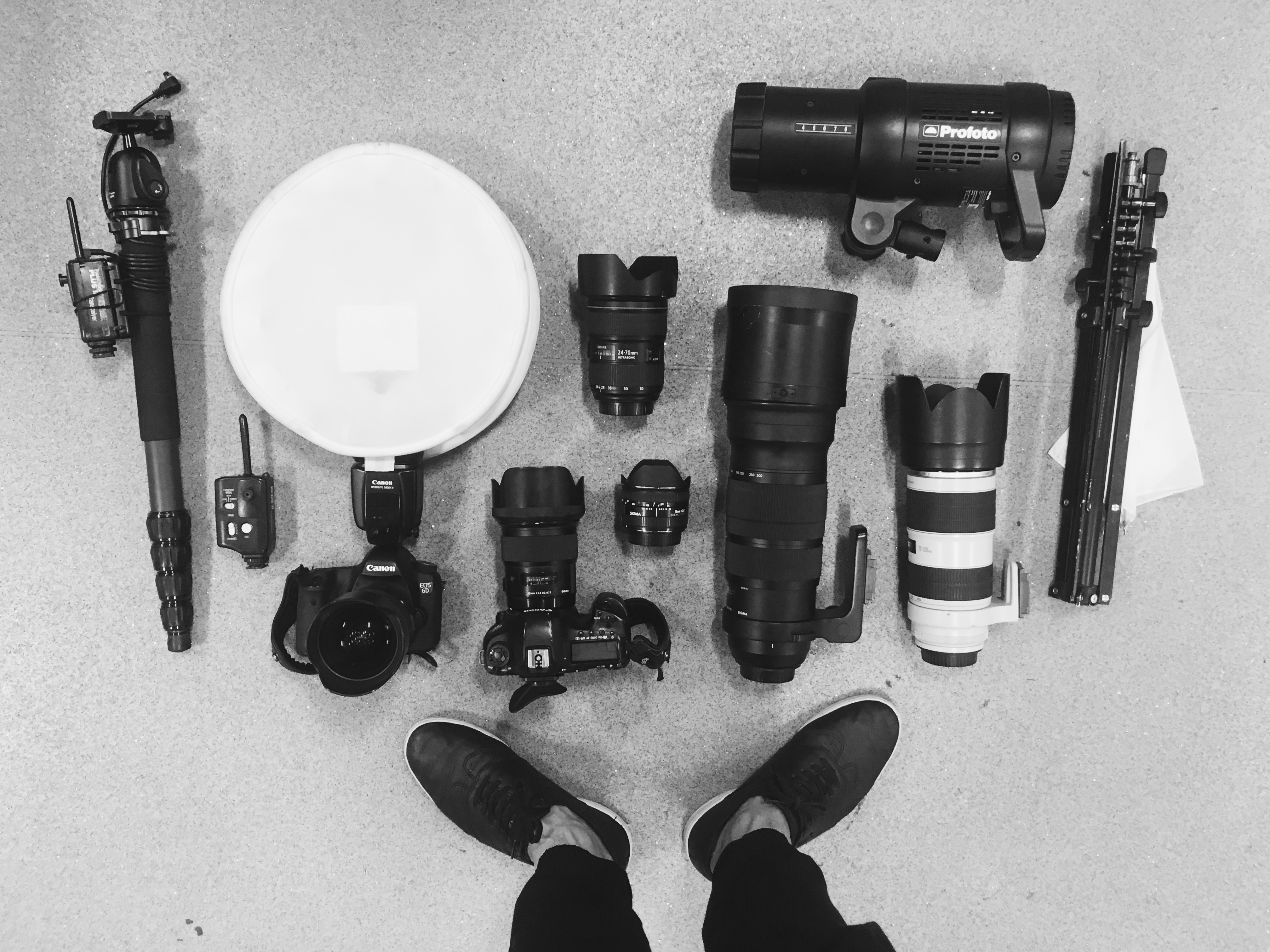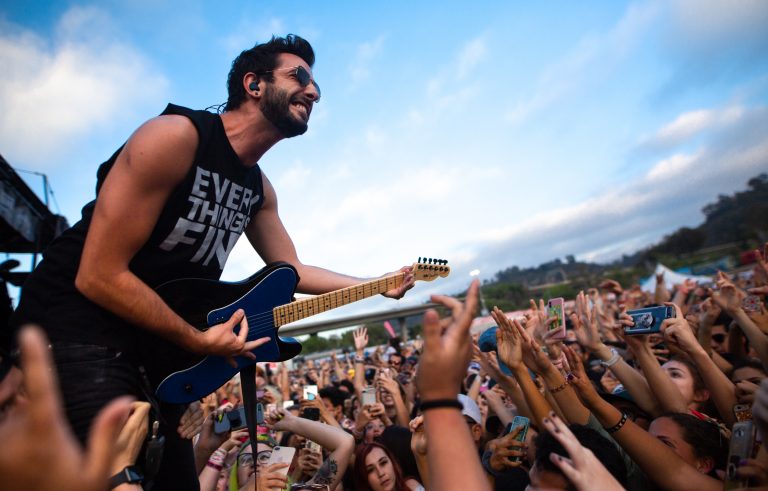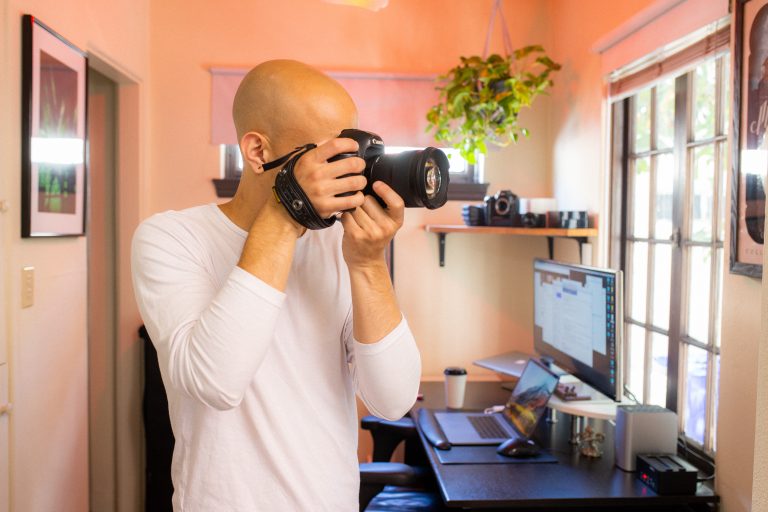You should start charging money for your photography work as soon as possible! … No but really, you should start now. It’s important to make money when you can – and this is definitely something you can do while you are learning. Cause, well – you will never stop learning! This is probably one of the most enabling aspects of photography as a career. You learn, while you make a living. You can be terrible and still have a healthy great career. It’s a wonderful industry for all skill levels. Video version if that is your vibe.
I know the feeling you are feeling. How can I charge money for my photography if I am not good at it? Am I cheating my clients? Am I lying? The answer is no, you aren’t. If you are like me you are going to perform the best you can, always – and that will never change. That is what you are charging for, doing your best job. And if you leave feeling this way and your client leaves feeling satisfied, that is all that matters. I still until this day feel the same way I did when I started.
I am a lot more confident but I can still relate to the me who started by charging $50 for senior portraits to my high school class mates. I remember going to the Vilas Park in Madison WI and walking around with this girl who I thought was kinda cute taking her photo. Man, I should find those photos – it was nerve wracking and anxiety inducing to say the least. But! That is how I learn, by doing.
At the same time you take all of this into consideration it is also important when to recognize that although money pays the bills this month, good relationships will pay your bills for the rest of your life. I’ll get more into that later – as it might be something that not everyone agrees with, but it is something I am passionate about.
The Most Generic Example (I Could Come Up With)
If someone reaches out and asks me to do a job, the conversation usually goes something like this…. I’ll keep it simple, but this is what happens.
Potential Client : Hey Adam, we want to hire you to photograph our band.
Me: Cool, What did you have in mind? What is your budget?
Then they will usually either respond with their budget or ask me my rate. If they ask me my rate, I will tell them. The downside is if it’s too high it could deter them and if it’s to low – they might not take you seriously. Who says what and when really depends on where you are at with your career. For example when starting out you might want to take any job and any budget and make it work, but as you get to be more established you will have a set amount of money you will do a set amount of work for.
If they do just give you a budget, figure out what you are comfortable delivering for that price and let them know. If you need help on what to factor in, I got you, just keep reading.
The Price Equation
Figuring out how much to charge can be tricky. This whole process can be intimidating, overwhelming and confusing. So lets break it down together. You could go the route and compare your numbers to someone else or ask another person for advice but to be quite honest it is all decided on such a per client/ per job basis having one set fee just doesn’t make sense in the music industry.
Some clients will give you enough to buy a new car, others just enough to barely fill the tank. This is more of an equation than an actual number. Sometimes you will be creating a quote based on time, sometimes based on product, and sometimes it’s just an image licensing agreement where you all you need to do is give them some images. It might be uncomfortable at first, but you will hopefully, eventually – get used to it.
I am going to go over the basics here, then try to answer questions/ elaborate a bit more. It was quite difficult to piece so much information together so I hope this all makes sense.
Who is your client?
You are going to charge a large Fortune 500 company a different price for portraits then your Aunt’s family photos. That’s about as extreme as I could come up with, but it illustrates the concept. You need to take think about who is paying the bill. 20% of your jobs will probably make you 80% of your money. So just because you reach a point in your career where you are changing X for a shoot, doesn’t mean you cant charge <X sometimes as well, or maybe >X. After all – most of your jobs you get down the road will be through past clients, regardless of how much they are paying you. So it is important to have clients, and they will generate more.
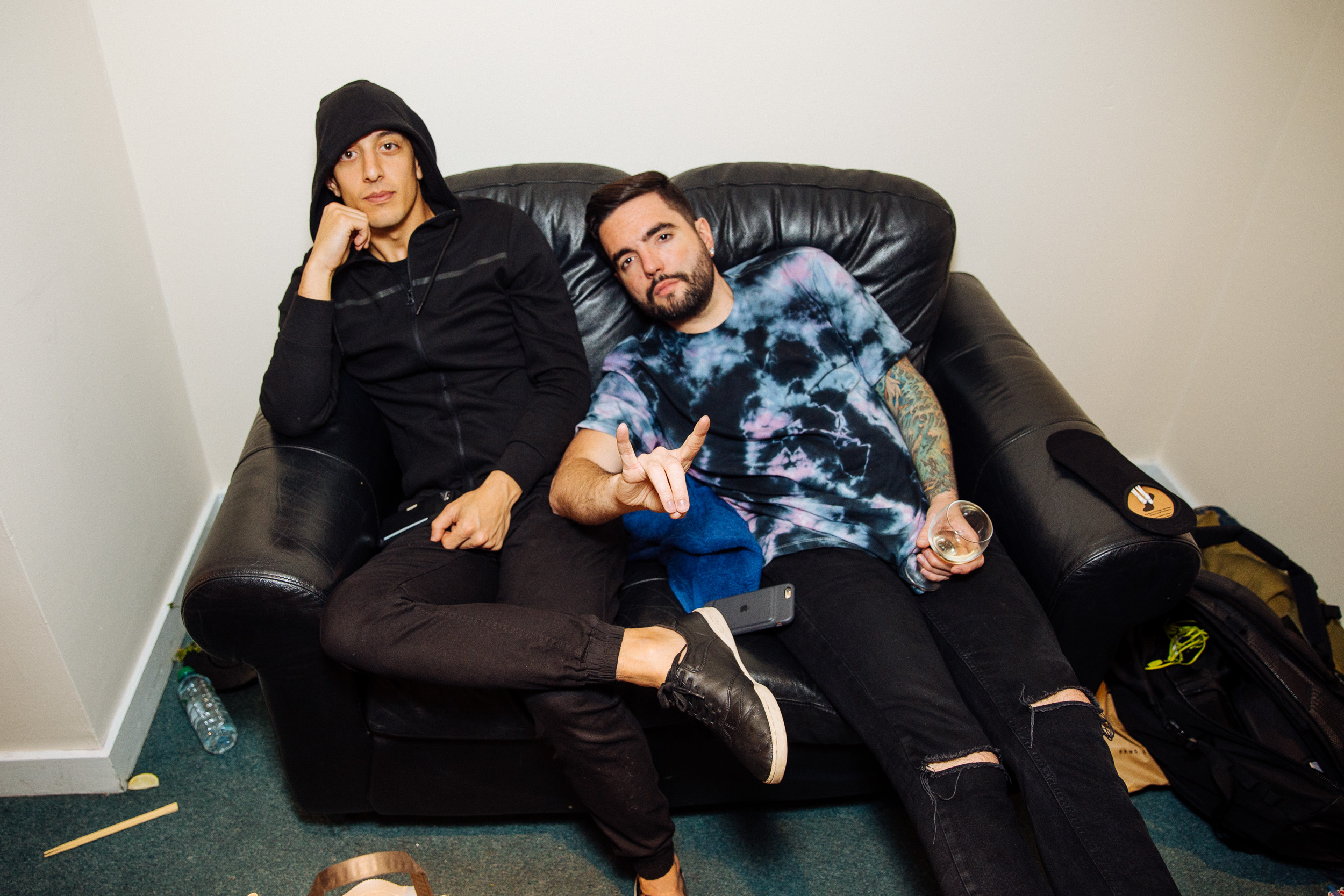 I value my relationship with my clients! This is Jeremy, he is technically my boss. But I work with him, not for him, and I wouldn’t have it any other way.
I value my relationship with my clients! This is Jeremy, he is technically my boss. But I work with him, not for him, and I wouldn’t have it any other way.
How much time?
How much time is going into the job. How much do you value your time per hour? At the very least you are going to have to spend time to do any job. So its good to figure out amount you want to be paid per hour. Do some math, and then you have your rate!
Supplies?
Do you need anything to make this job possible? Good to take into consideration. Its good to note all this will scale, so when you start out most of this probably wont even be applicable, but you will slowly have to incorporate more and more variables.
People?
Do you have to hire anyone else? When I started I had my friends help me as I couldn’t afford to pay ‘em haha.
Travel?
Fly? Drive? Gas? Rental car? Things to think about!
Editing?
Don’t forget to include the time it takes you to edit!
So after you take all this into consideration you can figure out what you want to get paid. I would encourage you to take jobs you do not think you would enjoy. Because, well maybe you will enjoy them, and you know what at the start you can’t really afford to say no to people. The skills you will learn by doing them are going to be so beneficial in the long run, even if it just doesn’t quite make sense yet. In the end – just be kind, remember the most important part of the job is that everyone leaves with a good experience.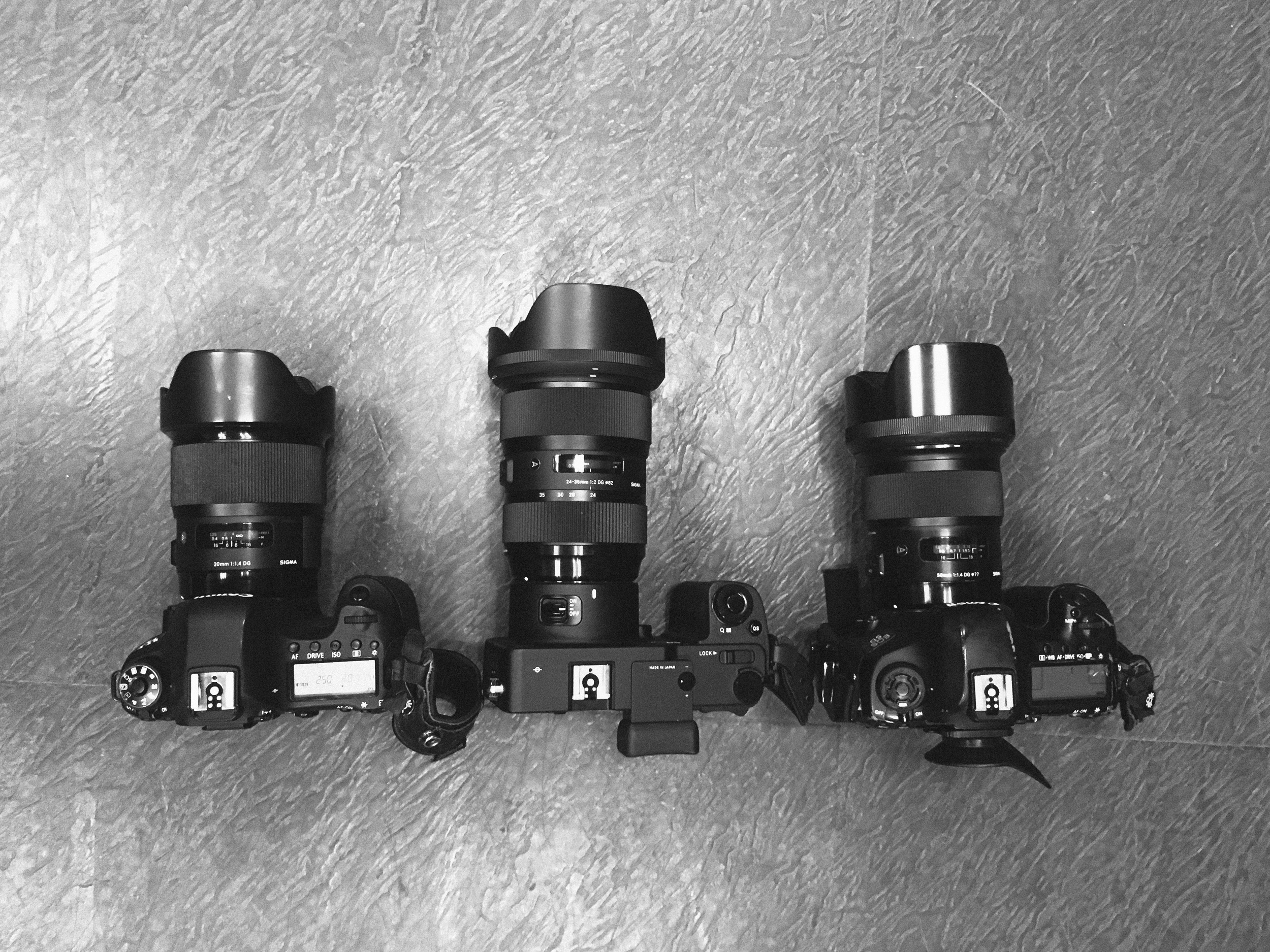
No Bad Experiences, Just Good Relationships
Even if something doesn’t work out, it shouldn’t be a poor experience. I guess the examples I can think of this is someone using your image incorrectly, or throwing a filter on it -maybe something that you don’t like. Personally I never make a fuss of it – because honestly the last thing I want to do with my private business is make it public. I am sure you have all seen people who post about an private issue on their Instagram, or Twitter or try to call someone out. You know, it may work. You may get your $100 for the image, or something of the sort. But – what else has come of this?
Everyone who follows you might be deterred from working with you. You will absolutely never work with the company or artist you did this to again. It just isn’t worth it. Relationships make your career, money doesn’t. Spend angry keyboard time on something better. Create photos, write blogs, hang out with your friends and family – just don’t fall into this trap. I did at one point, had to learn the hard way haha.
Working With Clients
Business is two parties or more making voluntary decisions to work with each other. No one is forcing anyone to do anything. I like to think of it as working with people, not so much for them. I tend to stray from demanding money from people, or doing anything that compromises relationships. I tend to place blame on myself and take what I would consider a bad experience and turn it into a self learning experience. Hopefully in the future I do not repeat my mistakes.
An example I can think of off my head would be simple like someone didn’t pay me for their images – but they took the images. Well in the future I just don’t turn in images until I am paid. One way to look at it is to get mad at your client and try to argue and fight for your money, the other is to take it as a learning experience and place the blame on yourself and move on. I like the latter as it puts the control on me, rather than relying on other people. This specific thing doesn’t happen to me often, but if something along these lines did happen, that is how I would handle it.
That is the best advice I have. I hope it helps. Remember your time is worth money so make it work.
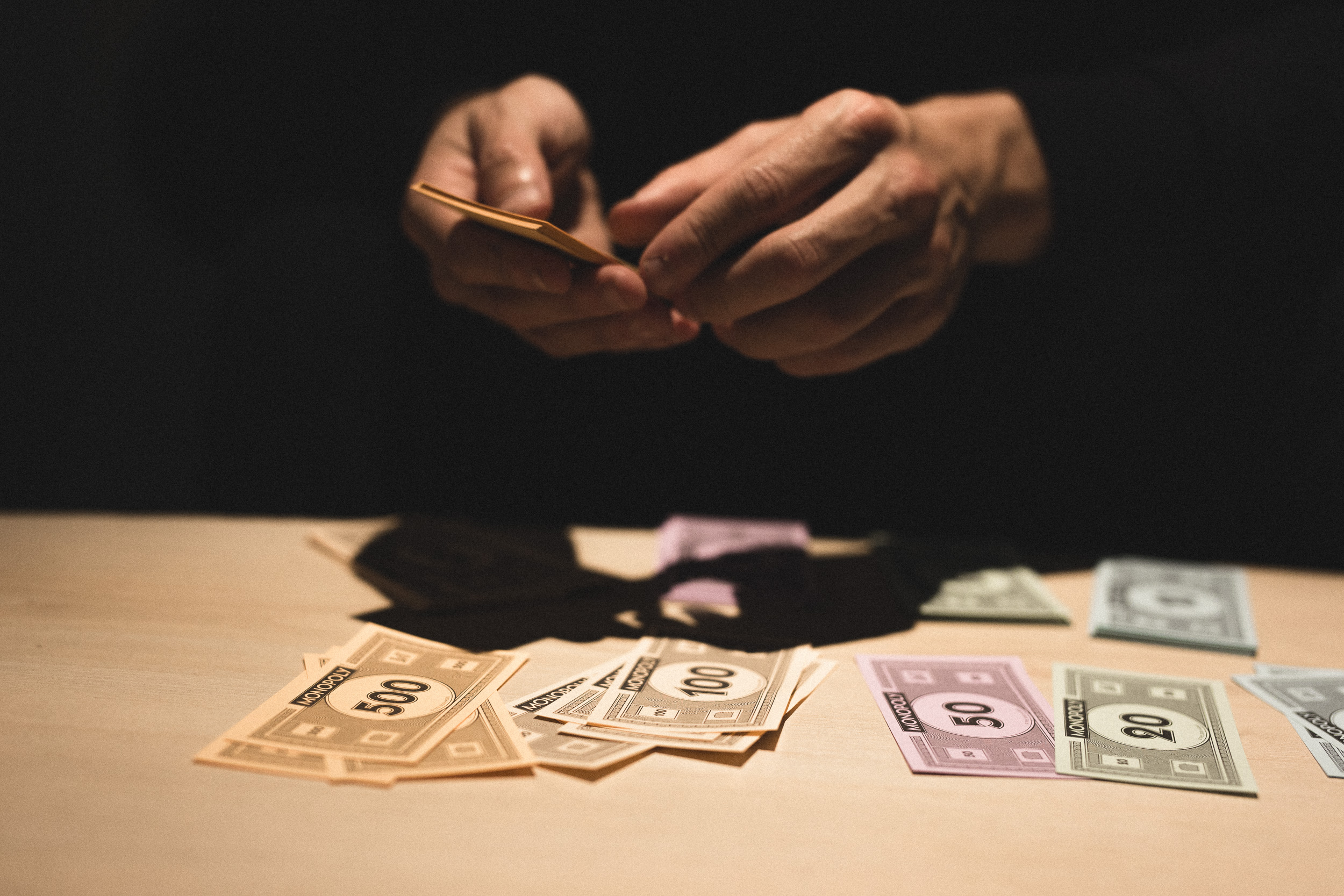
Answers For Your Questions!
Alright I could not find a way to incorporate all this into the blog. So here are some questions I received on my Twitter/ Facebook.
How do you know when to start charging for your photography work?
Just start now. Your work is worth it, if you keep waiting until something happens, it will never happen. You are always going to feel like you aren’t good enough because that is your drive to get better inside of you at work.
How to go from shooting photography for free to getting paid?
You might lose some clients, but that is okay. The business aspect of this job is definitely going to require a lot of learning for most people. This is why I always suggest for people to go to business school for photography, not photography school for photography.
What if someone tells me I am charging too much?
I mean me personally, I would say okay, well maybe in the future when my services fit your budget we can work together! Or something along those lines. However if you really want to work with someone maybe you would consider adjusting your rate. It really always depends, everything is relative to where you are at in your career and your life. I try my best to give you the tools so you can figure it out for yourself, but there are just so many variables.
What if everyone tells me I am charging too much?
If this start to become a problem maybe you need to think a bit. Am I overvaluing my work for the customer base I appeal to? More work means more practice which means better skills which will eventually mean more credibility. It’s ok to take less if you just want to make sure your’e getting the practice.
Any other questions? Just ask, I got you

